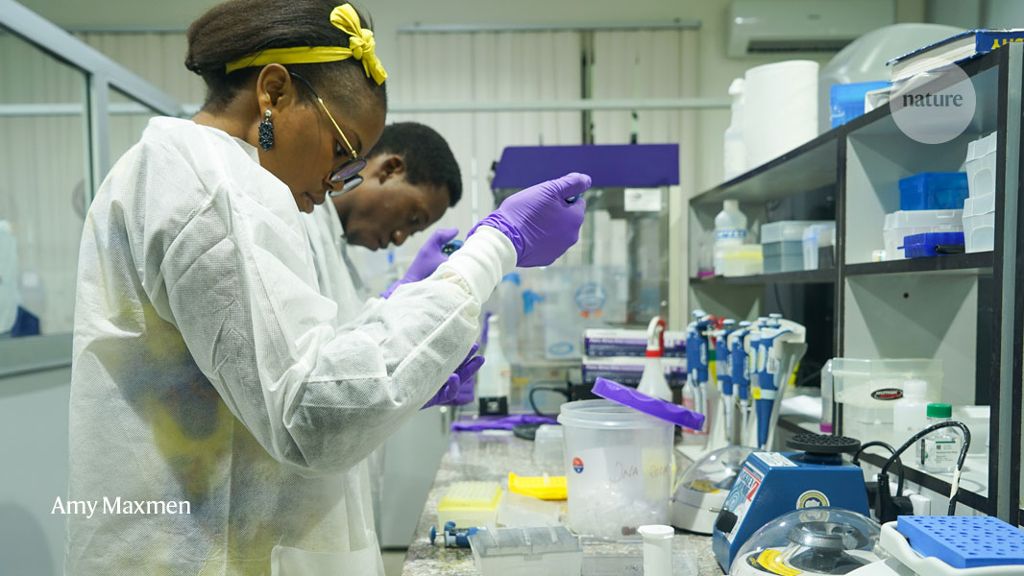Published
6 years agoon

A senior Research Scientist and Lecturer at the Department of Medical Diagnostics at the Kwame Nkrumah University of Science and Technology (KNUST) Dr. Michael Owusu says 50 to 60 percent of Ghanaians are likely to be exposed to the deadly coronavirus if safety etiquettes are not properly observed with increasing cases of community transmission.
According to the Clinical Microbiologist, out of the country’s 28 million population, about 14 to 15 million people could contract the coronavirus.
The Kumasi Centre for Collaborative Research(KCCR) Scientist, is predicting that the aged population in Ghana which is about 1.4 million representing five percent (5%) of the total population of the country according to the 2010 population census are likely to die if they decided not to adhere to the safety measure government and scientist have put in place.
He added, “We should also think into the fact that we can overwhelm the health care sector such that those who have malaria, those who will get accident and other people with underline conditions may not get a place to be attended to in the hospitals and we are likely to lose all these people. So the precautions of staying indoor and social distancing and limiting movements are very crucial at this moment’’ he stressed.
Dr. Owusu said, though lockdown is part of measures government must consider, it is not fully prepared for that because a lot of factors need to be put in place before.
“I lot has to go for a lockdown, from what I’m seeing I don’t think we are prepared. A lockdown involves a lot of thinking and structural planning to enable us to do this. A lot of people in Ghana are in the informal structure there are some who if they don’t go to market to sell they will not get anything. So the MMDCEs, and DCEs must begin to have a plan. Yeah, we can limit movement we must make people sit indoors if we have to give people incentive to stay indoors we must begin to do that’’ he suggested.
He stressed ration of market days should also be considered to reduce congestion as part of measure to control the spreading of the virus in communities.
Source: kasapafmonline.com
